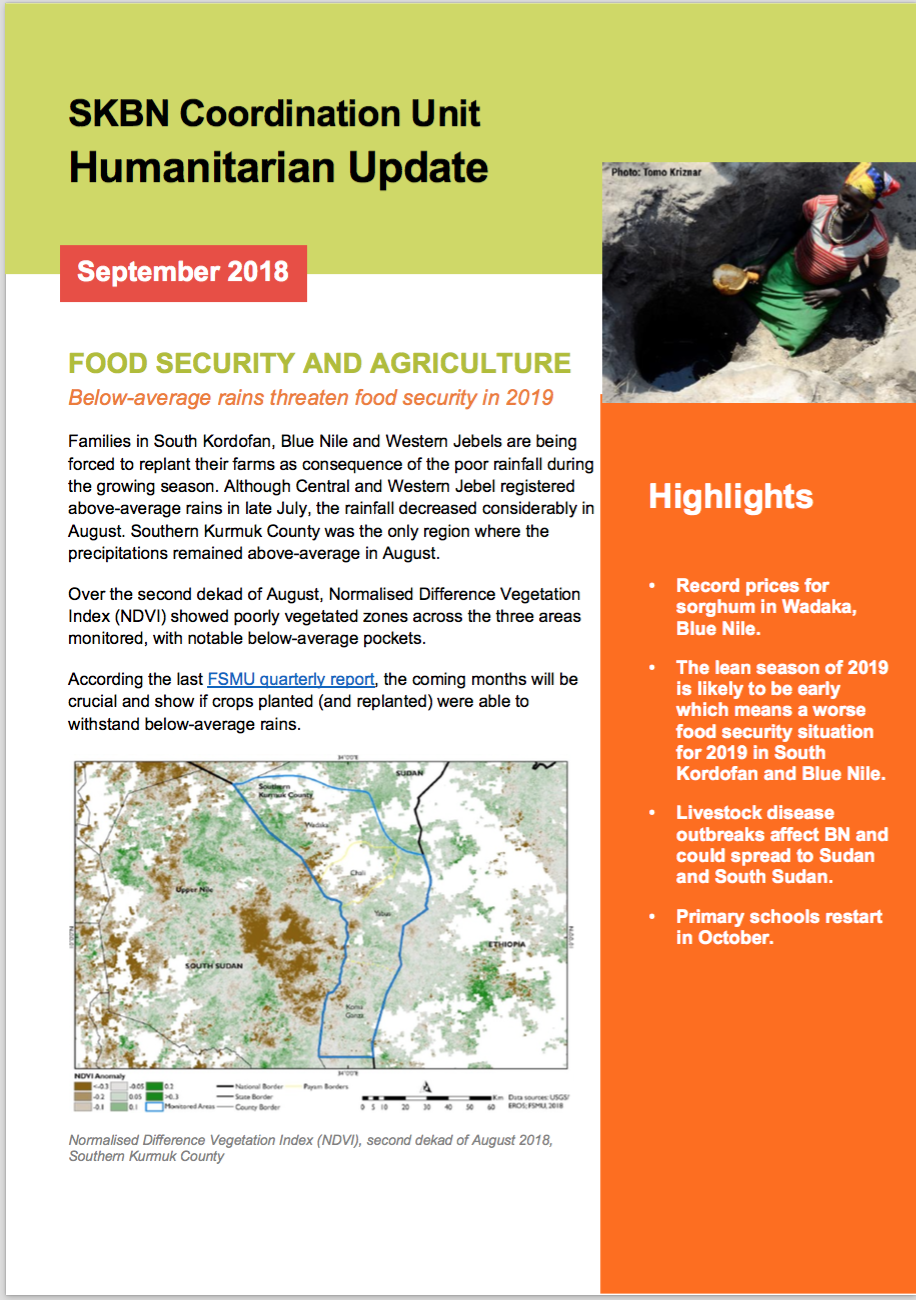[PREFACE: Authoritative reports from the ground in both Blue Nile and South Kordofan make clear that despite a commitment to lift the humanitarian embargo on the Two Areas, nothing has changed. Innocent civilians continue to suffer and die because of the Khartoum regime’s barbaric seven-year denial of relief assistance to rebel-controlled areas. And yet on October 3, 2018 UN Resident and Humanitarian Coordinator for Sudan, Gwi-Yeop Son, declared that she “welcomed and commended this [September 27, 2018] decision by the government of Sudan to provide access” to the Two Areas.”
Gwi-Yeop Son is the same person who has lied shamelessly about returns of displaced persons in Darfur, and worked to reduce the census of displaced persons from 2.7 million people (overwhelmingly non-Arab/African Darfuris) to 2 million—the figure the Khartoum regime officially promulgates.
The UN’s refusal to acknowledge the scale of the crisis in Darfur, the decision to withdraw UNAMID despite extreme insecurity throughout the region, and the acceptance of claims made in bad faith by the Khartoum regime over seven years in denying humanitarian access in the Two Areas…all represent despicable and cruel mendacity—ER]
South Kordofan/Blue Nile Coordination Unit Humanitarian Update | September 2018
FOOD SECURITY AND AGRICULTURE
Below-average rains threaten food security in 2019
Families in South Kordofan, Blue Nile and Western Jebels are being forced to replant their farms as consequence of the poor rainfall during the growing season. Although Central and Western Jebel registered above-average rains in late July, the rainfall decreased considerably in August. Southern Kurmuk County was the only region where the precipitations remained above-average in August.
Over the second dekad of August, Normalised Difference Vegetation Index (NDVI) showed poorly vegetated zones across the three areas monitored, with notable below-average pockets.
Full text at:
SKBN CU Humanitarian Update_September_18_EN
